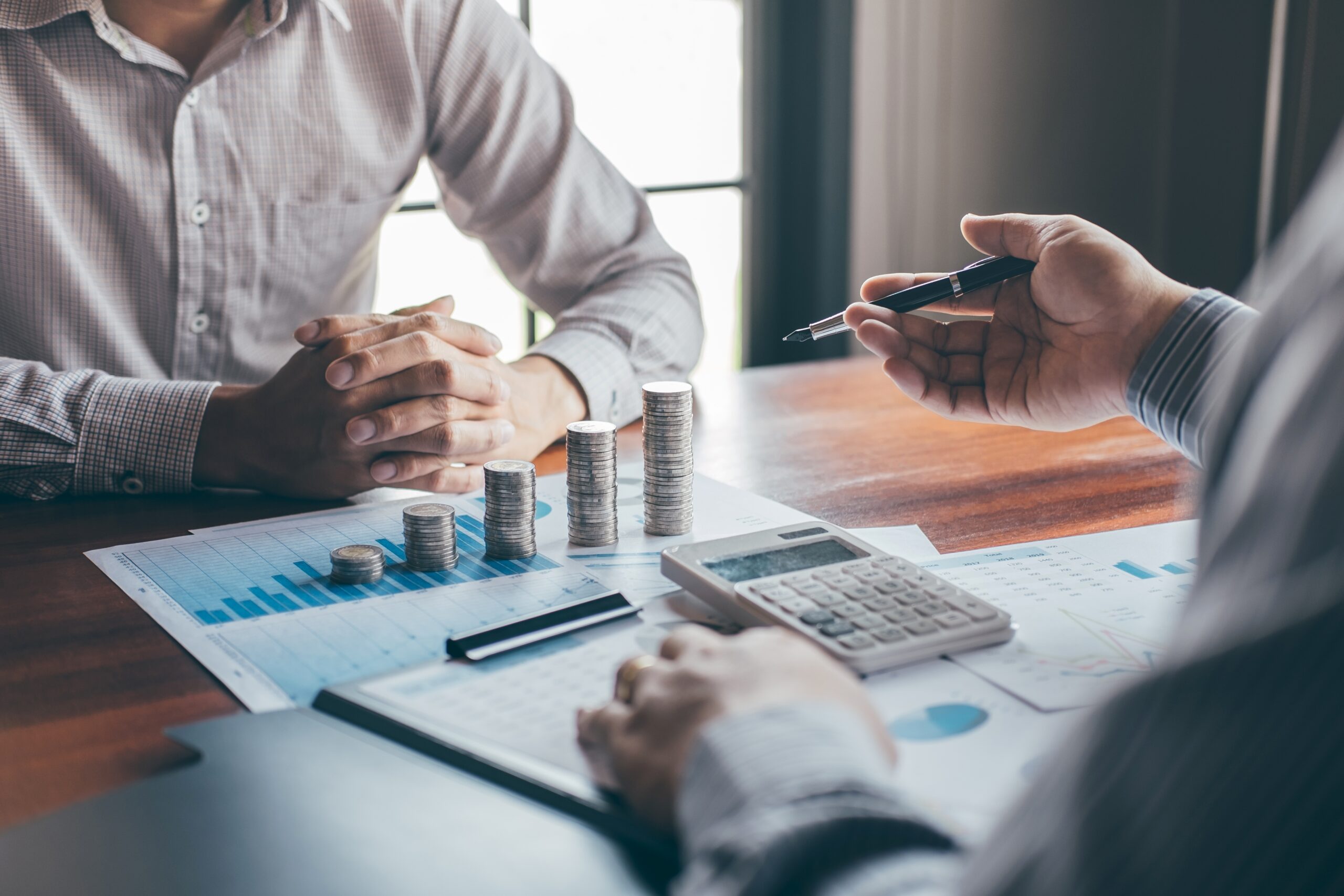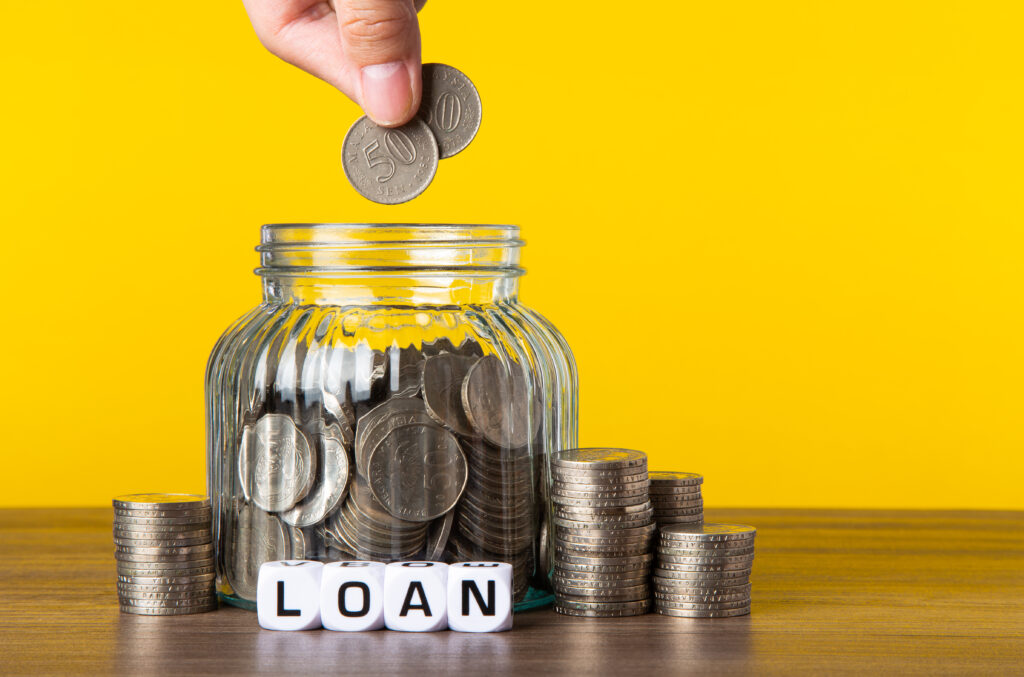Emergency Fund 101: Why Every Nigerian Needs One and How to Build It

Introduction
Imagine losing your job, getting hit with a medical bill, or having your car break down—all without warning. In Nigeria’s unpredictable economic environment, emergencies are inevitable. Yet, many Nigerians are financially unprepared when the unexpected strikes.
That’s where an emergency fund comes in. It is your financial shock absorber—money set aside strictly for unforeseen expenses. Unfortunately, most people don’t build one until it’s too late.
This guide breaks down what an emergency fund is, why every Nigerian needs one, and how you can start building yours—regardless of your income level.
What Is an Emergency Fund?
An emergency fund is a dedicated savings account meant solely for unexpected, urgent expenses such as:
-
Sudden job loss
-
Medical emergencies
-
Car or home repairs
-
Family emergencies
-
Unplanned travel
-
Natural disasters or political unrest
Unlike your regular savings (which might be used for rent, school fees, or business), an emergency fund is untouchable—unless a true emergency arises.
Why Every Nigerian Needs an Emergency Fund
1. High Economic Uncertainty
Job security is fragile in Nigeria. Many workers are laid off without notice, and business owners often experience income fluctuations. An emergency fund ensures you can survive job loss without spiraling into debt.
2. Healthcare Costs
While NHIS and some HMOs help, many Nigerians still pay out-of-pocket for treatment. Having a fund set aside means you or your family can access care quickly, without financial strain.
3. Avoid Debt Traps
Without emergency savings, people often resort to borrowing—from friends, family, or predatory loan apps. This can lead to high-interest debt and harassment.
4. Peace of Mind
Knowing you have a cushion against life’s curveballs reduces anxiety. You make better decisions when you’re not panicking about money.
How Much Should You Save?
General Rule:
Save 3 to 6 months’ worth of your essential expenses.
If your monthly costs for rent, food, transport, and bills total ₦100,000, your emergency fund target should be ₦300,000 to ₦600,000.
However, this can be adjusted based on:
-
Your income stability (freelancers may need more)
-
Family size and responsibilities
-
Personal risk tolerance
Step-by-Step Guide to Building Your Emergency Fund in Nigeria
Step 1: Calculate Your Monthly Essentials
Start by knowing your true monthly expenses:
-
Rent
-
Feeding
-
Utilities (light, water, fuel)
-
Transportation
-
Airtime/data
-
Medication
-
School fees (if applicable)
Add these to get your monthly minimum survival cost.
Step 2: Set a Realistic Savings Target
If you can’t save 6 months’ worth immediately, start with ₦50,000 or ₦100,000. The goal is to build momentum, not perfection.
Use milestones:
-
Phase 1: ₦50,000
-
Phase 2: ₦100,000
-
Phase 3: 1 month’s expenses
-
Phase 4: 3–6 months’ expenses
Step 3: Open a Dedicated Account
Don’t mix your emergency fund with your daily transaction account. Choose a separate savings platform with:
-
Zero card access (to reduce temptation)
-
Interest earnings
-
Withdrawal restrictions (optional)
Trusted Nigerian savings platforms:
-
PiggyVest: Offers “Safelock” and target savings.
-
Cowrywise: Good for automated savings and discipline.
-
VBank & Kuda: Digital banks with savings features.
Avoid keeping emergency funds in high-risk platforms like crypto wallets or speculative investments.
Step 4: Automate Your Savings
Don’t rely on willpower. Set automatic deductions from your salary or business income.
Start small: Even ₦5,000 or ₦10,000 monthly adds up. Automating it ensures consistency and reduces forgetfulness.
Step 5: Increase Savings with Windfalls
Got a salary raise, gift, or business profit? Instead of spending it all:
-
Put 30–50% into your emergency fund.
-
Boost your savings pace without affecting your monthly budget.
This speeds up your journey without stress.
Step 6: Track Progress Monthly
Use a spreadsheet or app to:
-
Monitor your growing emergency fund
-
Set monthly targets
-
Celebrate milestones (without dipping into the fund)
Stay motivated by visualizing the peace and power that comes with financial preparedness.
When Should You Use Your Emergency Fund?
Use it only when the situation meets these 3 criteria:
-
Unexpected – It was not planned or budgeted for.
-
Urgent – It requires immediate attention.
-
Essential – It’s necessary for your survival, health, or basic function.
Legitimate Uses:
-
Medical surgery
-
Car engine breakdown
-
Job loss
-
Emergency relocation due to insecurity
-
Sudden death in the family requiring travel
Not for:
-
Impulse shopping
-
Loan repayment (unless critical)
-
Weddings, birthdays, or aso ebi
-
Buying a new phone or gadgets
Discipline is key. Rebuild the fund if you ever use it.
How to Rebuild Your Emergency Fund After Use
Emergencies happen—and that’s exactly why you saved. But once used, the next step is to replenish it.
-
Adjust your monthly budget temporarily
-
Cut down on non-essentials to redirect funds
-
Increase income with a side hustle or extra shifts
-
Set a time-bound goal to fully restore it within 3–6 months
Never leave it empty for long—you never know what’s next.
Common Mistakes Nigerians Make with Emergency Funds
Mixing it with other savings
Keep emergency funds separate from travel, rent, or business savings.
Investing it in risky ventures
Don’t put your emergency funds in crypto, Ponzi schemes, or stock markets. It should be liquid and low-risk.
Using it as a backup for poor budgeting
Your emergency fund is not your fallback for impulse buying or overspending.
Not starting at all
Waiting until you’re “rich” to start is a costly mistake. Start small. Start now.
Tips to Grow Your Emergency Fund Faster
-
Reduce “soft” spending (e.g., daily suya, impulse data top-ups)
-
Use the 24-hour rule before non-essential purchases
-
Convert occasional side hustle profits into savings
-
Sell unused items in your home for cash
-
Join a trusted savings challenge or accountability group
Conclusion
In a country like Nigeria, where economic instability is common and government safety nets are limited, an emergency fund is not a luxury—it’s a necessity. It’s your first line of defense against financial crises and a cornerstone of smart money management.
Start today, even if it’s just ₦1,000 a week. Over time, your discipline will build a safety net that offers peace, power, and financial stability.
Don’t wait for a crisis to realize the importance of preparation. A well-built emergency fund could be the difference between bouncing back or going broke.
Key Takeaways
-
Save 3–6 months of essential expenses in an emergency fund.
-
Keep it in a separate, low-risk, easily accessible account.
-
Only use it for urgent, unexpected, essential situations.
-
Automate savings and review your progress monthly.
-
Start small, stay consistent, and grow over time.
























